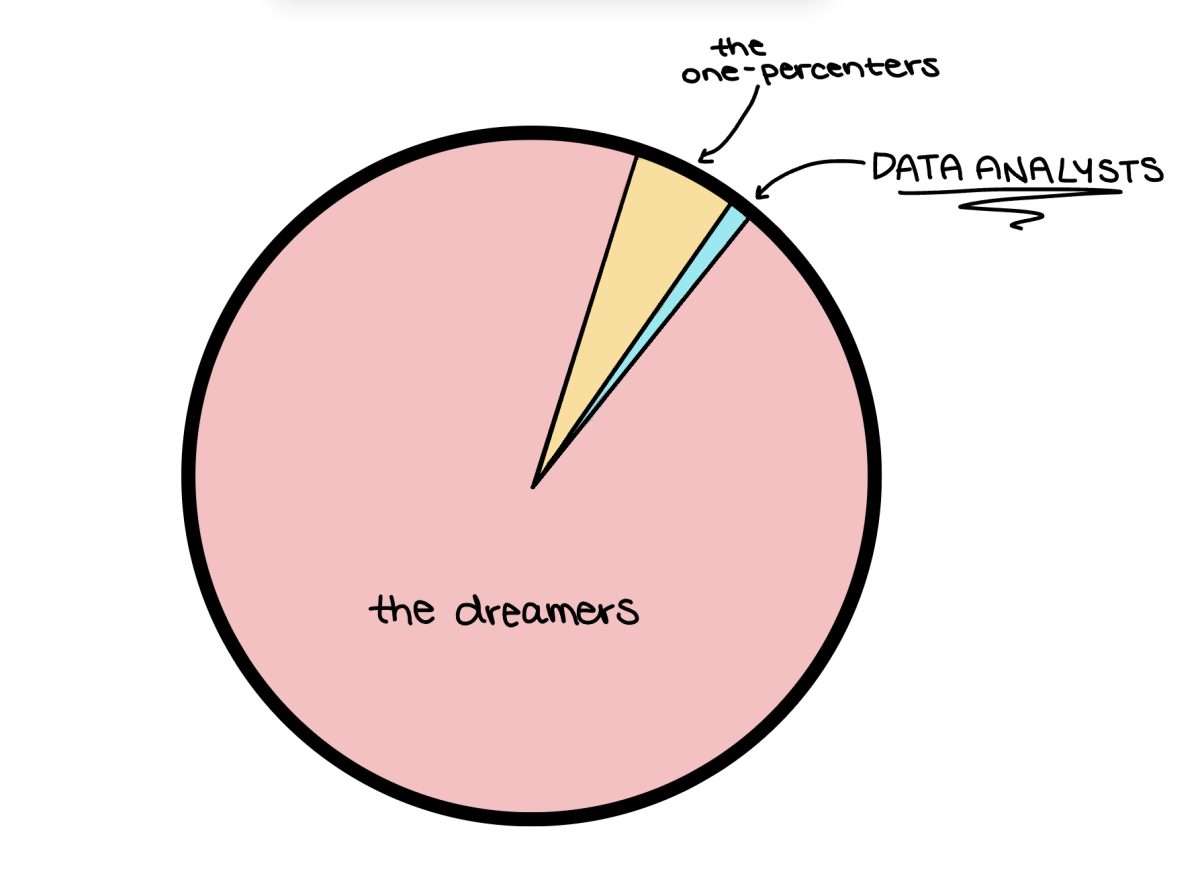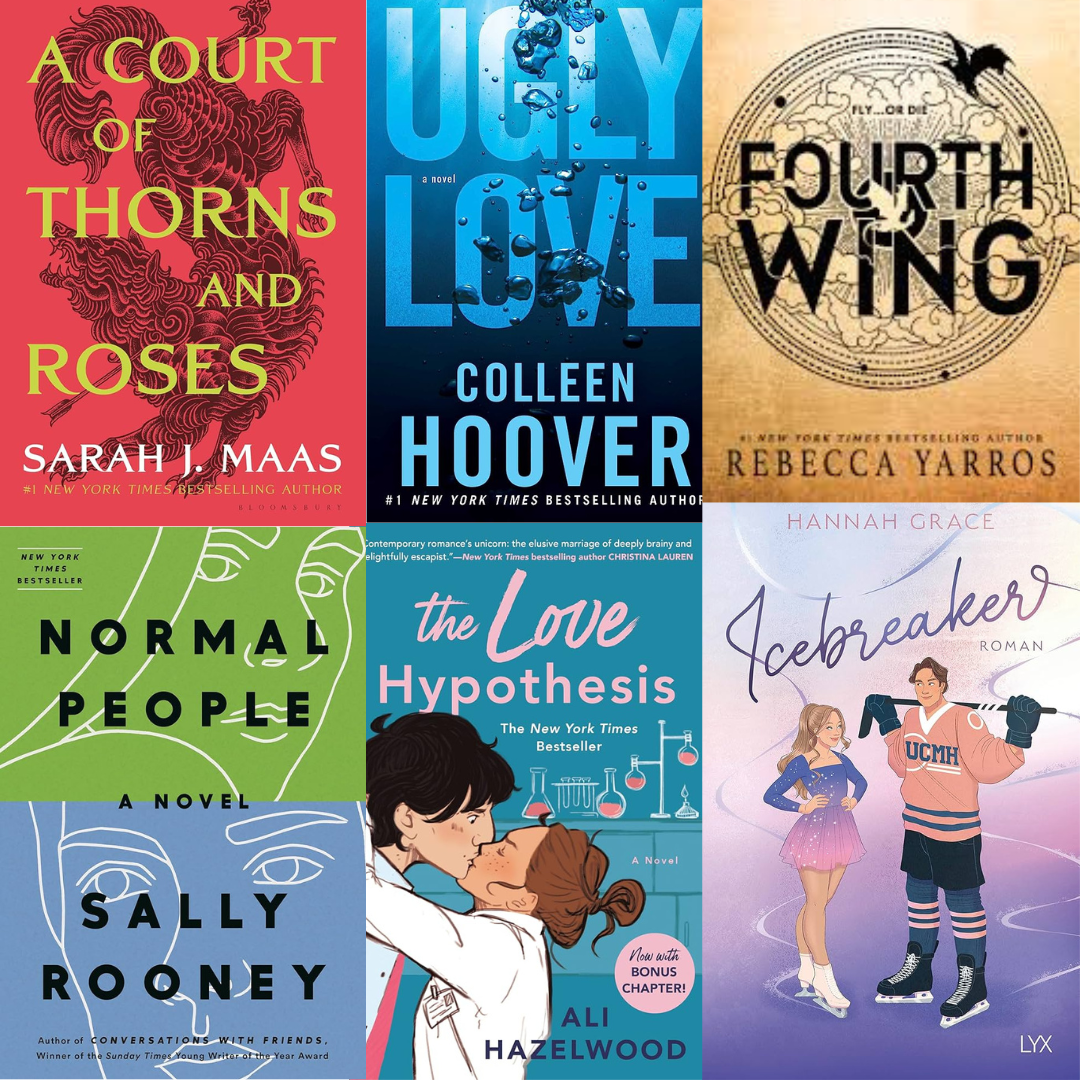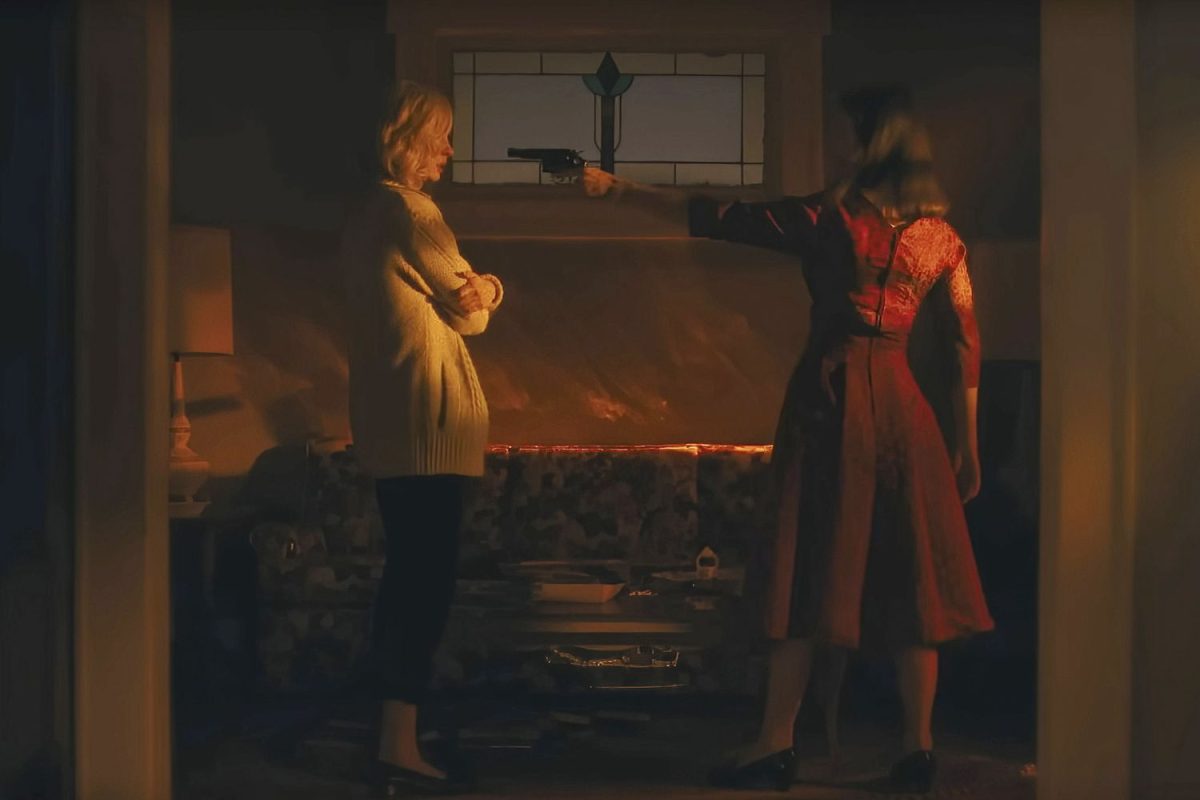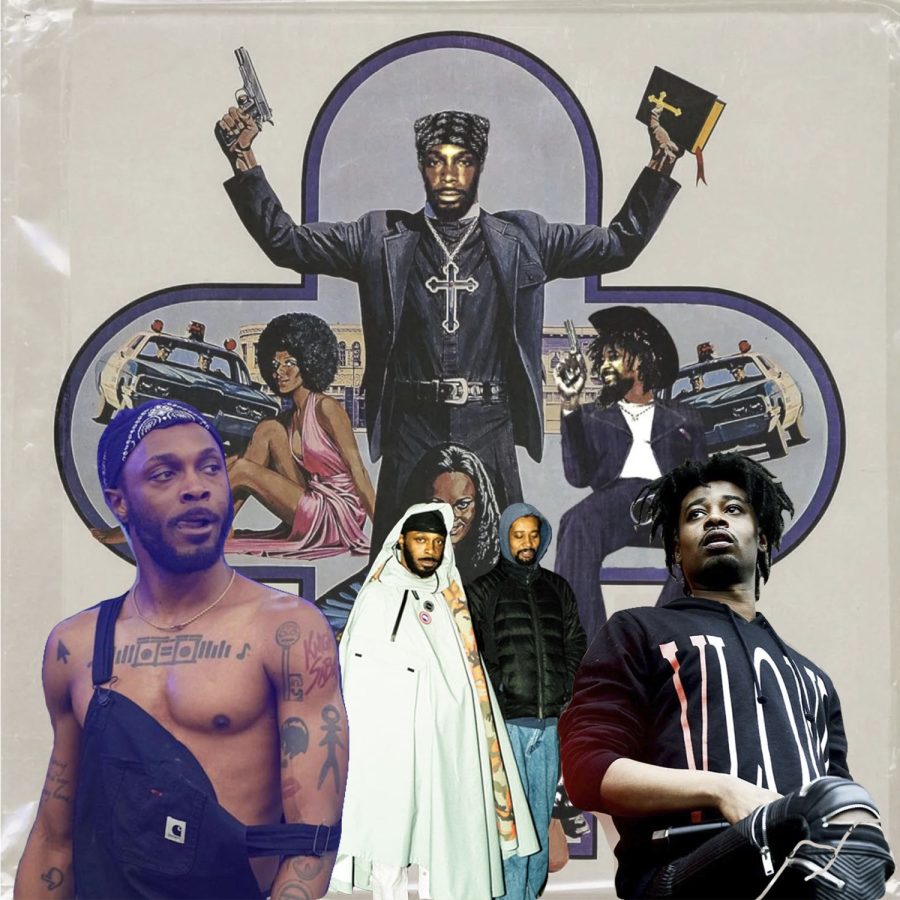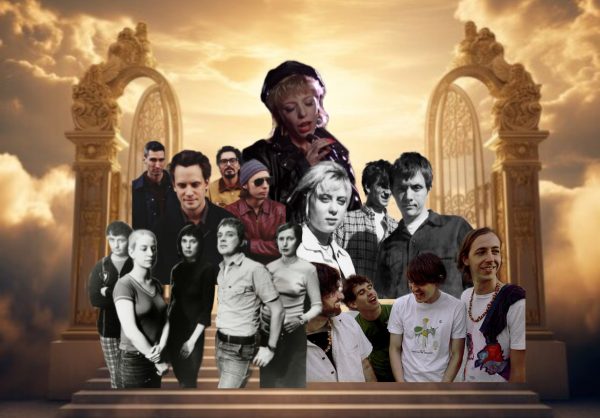Serial Killers: Smash or Pass
The romanticization of serial killers is more shameless than ever with the release of the Dahmer show.
The sex appeal of a serial killer, a different kind of TikTok edit and a comment section full of argumentative comments, all wrapped up into one. With the background music of Kesha’s “Cannibal,” a compilation of Evan Peters looking “sexy” as he plays the serial killer, Jeffrey Dahmer, conjures up comments ranging from “Evan Peters is so hot, omg” in all capital letters to “out of all the characters you could choose, why would you choose Dahmer.”
Other comments you’ll find range from “MARRY ME” or, “what kind of sick person does this?”
A TikTok showing videos of Ted Bundy with the words “POV: you’re just an insanely charming guy” had contrasting comments of ill-timed jokes, “man I aspire to be him” and disappointed viewers questioning “why do people idolize killers.”
TikTok has become a breeding ground for the romanticization of killers. These TikToks leave it up to the comment section to debate where to draw the line between innocent fun and disturbing obsession.
TikTok edits are common. Usually, they consist of an alluring shirtless character or celebrity doing absolutely nothing, but still looking as enchanting as ever. Now, instead of just edits of actors from movies about fictional murderers, murderers in real life have become the center of this attention.
One TikTok showcases a man in an orange jumpsuit and handcuffs is sitting in a courtroom, licking his lips, with the “hot” and “melting” emojis on the screen. Is there anything hotter? This man, Richard Ramirez—the Night Stalker—was sentenced to execution in this very same courtroom after killing 13 people. This knowledge did little to stop people from drooling over him.
A culture of romanticizing convicts and serial killers has occurred in the past, consisting of sending fan mail to prisoners or, in extreme cases, people marrying death row inmates. Still, a younger generation of romanticization on the internet has become more prevalent due to the release of “Dahmer—Monster: The Jeffrey Dahmer Story” on Netflix in late September.
This creepy idolization of Dahmer after the release of the movie close to Halloween translated to a surge of costumes depicting him. EBay has since banned costumes of Dahmer due to its violence and violent criminal policy stating that “listings that promote or glorify violence or violent acts, or are associated with individuals who are notorious for committing violent acts, are not allowed.” Don’t worry though, there are still costumes of other serial killers.
And this did not stop individuals from dressing like Dahmer. With a wife beater, loose blue jeans, blonde hair or a wig, and a creepy pair of big glasses, the look of a murderer is complete.
On Halloween, after seeing multiple costumes depicting Jeffrey Dahmer, Anja Bond-Welch, a Summit High School junior, said, “I guess [the costumes] matched but it was weird to kind of characterize this serial killer as if he’s not a bad dude.”
When it was first released on Netflix, the Dahmer show was listed under the typical horror genre, but also the “LGBTQ” genre. After a great deal of backlash, this banner was promptly removed, but this naive listing had already amplified this growing culture of serial killer fetishes. The label “LGBTQ” placed the show about a serial killer raping and murdering black men next to a show about a gay teenage love story such as “Heartstopper.”
Jeffrey Dahmer was cast using Evan Peters, an actor from American Horror Story. In a movie based on Ted Bundy, Zac Efron—a costar from High School Musical—was cast. These actors, seen as teenage heartthrobs in past productions, further push the fetish of serial killers. After numerous TikTok edits from Peters and Efron in fictional movies and TV shows, now they appear in edits playing a serial killer in a documentary or movie based on true events.

Meet Sarah Hawkins, one-third of the Editor-In-Chief team. Hawkins has been a part of The Summit Pinnacle for three years and enjoys writing both in and out of school. When not writing, planning and editing...
























